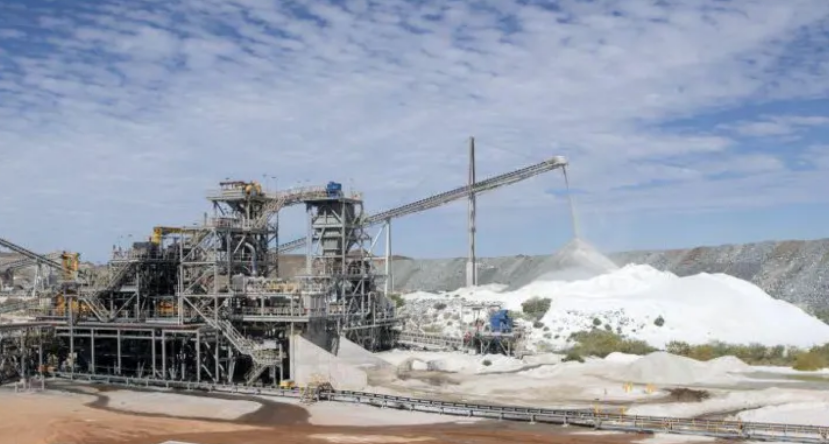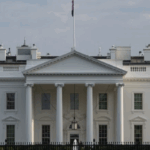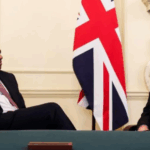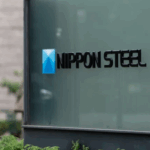Prime Minister Anthony Albanese has pledged a A$1.2 billion investment in a national strategic reserve of critical minerals if re-elected next month, as Australia positions itself amid growing global trade tensions and concerns over China’s dominance in rare earths processing.
The announcement follows Beijing’s decision to impose export restrictions on seven rare earth elements vital to the production of electric vehicles, fighter jets, and robotics. Although officially applied to all countries, the move is widely seen as a response to former U.S. President Donald Trump’s sweeping tariffs on Chinese goods.
Speaking this week, Albanese said the proposed reserve would prioritise minerals essential to Australia’s national security and that of its allies, such as the U.S. and EU. These include rare earths like terbium and samarium, along with lithium and cobalt — minerals in which Australia is a leading global producer.
“This is about securing supply chains for the future and safeguarding our national interests,” Albanese said.
Rare earths are notoriously difficult to extract and refine, a process currently dominated by China, which is responsible for nearly 90% of global rare earth refining. Despite Australia’s significant mineral reserves, it still relies heavily on China for refining — a gap the Albanese government is aiming to close under its Future Made in Australia initiative.
China’s control of the supply chain has alarmed Western nations, particularly as geopolitical tensions deepen. Between 2019 and 2022, China accounted for around 75% of U.S. rare earth imports, according to the U.S. Geological Survey.
While Albanese’s reserve would make minerals available to both domestic and international industries, experts remain cautious about its impact. “It’s a step in the right direction, but it won’t solve the fundamental problem,” said Philip Kirchlechner, director of Iron Ore Research in Perth. “Refining capacity still overwhelmingly resides in China.”
Recent efforts have been made to change that. In the past year, Australia opened its first rare earths processing plant, operated by Lynas Rare Earths, and awarded A$840 million to Arafura Rare Earths for a combined mine and refinery project in Western Australia.
However, full independence from Chinese processing is unlikely before 2026, according to the Center for Strategic and International Studies in Washington.
Meanwhile, China has responded to the shifting dynamics with a charm offensive in Australian media, calling on Canberra to align more closely with Beijing — overtures that Albanese has swiftly dismissed.
Analysts suggest the proposed reserve could still play a critical role in easing market volatility during future supply shocks. “Australia’s ability to act as a stabilising force during periods of economic tension would grow,” said Alicia García-Herrero, chief economist for Asia-Pacific at Natixis. “But it won’t be enough to fully replace China without significant investment in refining.”
The $1.2 billion commitment adds a new dimension to Australia’s evolving role in the global race for critical resources, with strategic partnerships and long-term self-sufficiency now central to its economic and security agenda.

















